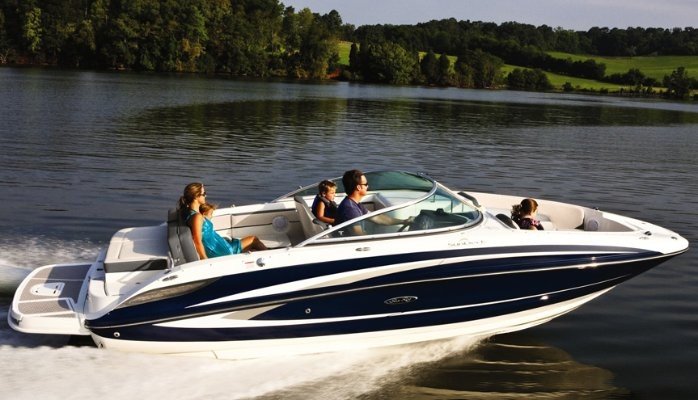Owning a motorboat offers an exhilarating way to explore the water, but with that freedom comes responsibility. Safety should always be a priority, ensuring not only your well-being but also that of your passengers and other boaters. Here’s a comprehensive guide to motorboat safety that every owner should know.
1. Understand Boating Regulations
Familiarize Yourself with Local Laws
Before you hit the water, it’s crucial to understand the boating laws and regulations in your area.
- Licensing: Check if you need a boating license or any specific certifications to operate a motorboat.
- Navigation Rules: Learn the basic navigation rules to avoid collisions and ensure safe passage.
Stay Updated on Safety Requirements
Stay informed about any changes in local laws or safety requirements that may affect your boating activities.
2. Essential Safety Equipment
Life Jackets
Every person on board should have a properly fitting life jacket.
- Type and Size: Choose life jackets appropriate for your boat type and the activities you plan to undertake.
- Inspection: Regularly check your life jackets for wear and tear, and replace any that are damaged.
Fire Extinguisher
A fire extinguisher is a must-have on any motorboat.
- Type: Ensure your fire extinguisher is rated for marine use (Type B).
- Accessibility: Keep it in an accessible location and ensure all passengers know where it is.

First Aid Kit
A well-stocked first aid kit is essential for treating minor injuries.
- Contents: Include bandages, antiseptics, burn ointment, and any necessary personal medications.
- Check Expiry Dates: Regularly check and restock your kit to ensure all items are current.
Visual Distress Signals
Be prepared for emergencies with proper visual distress signals.
- Types: Carry flares, signal mirrors, or other approved distress signaling devices.
- Usage: Ensure you know how to use them effectively in case of an emergency.
3. Pre-Departure Checklist
Inspect Your Boat
Before leaving the dock, conduct a thorough inspection of your motorboat.
- Fuel Level: Check your fuel levels to ensure you have enough for your trip.
- Safety Equipment: Confirm that all safety equipment is onboard and in good condition.
Weather Conditions
Stay informed about the weather before and during your boating trip.
- Check the Forecast: Look for potential storms or adverse weather conditions that could impact your trip.
- Be Prepared to Change Plans: If the weather takes a turn, be willing to adjust your plans for safety.
4. Safe Boating Practices
Maintain a Safe Speed
Always adhere to speed limits and adjust your speed based on conditions.
- Keep a Safe Distance: Maintain a safe distance from other boats, swimmers, and shoreline.
- Be Aware of No-Wake Zones: Observe no-wake zones to protect the environment and ensure safety.
Avoid Alcohol and Drugs
Operating a motorboat while under the influence is illegal and extremely dangerous.
- Designate a Driver: If you plan to consume alcohol, designate a sober driver before heading out on the water.
- Know the Legal Limits: Familiarize yourself with the legal blood alcohol content (BAC) limits for operating a boat.
Stay Aware of Your Surroundings
Always keep an eye on your surroundings while on the water.
- Watch for Other Boats: Be mindful of other vessels, obstacles, and wildlife in the water.
- Communicate with Passengers: Keep your passengers informed and engaged while you navigate.
5. Emergency Preparedness
Have a Plan
Prepare for emergencies by having a plan in place.
- Emergency Contacts: Keep a list of emergency contacts and share your itinerary with someone on land.
- Know How to Call for Help: Familiarize yourself with VHF radio communication and emergency numbers.
Practice Safety Drills
Conduct safety drills with your passengers to ensure everyone knows what to do in case of an emergency.
- Review Life Jacket Use: Make sure everyone knows how to properly put on and use their life jackets.
- Conduct Man Overboard Drills: Practice procedures for retrieving a person who has fallen overboard.
Conclusion
Motorboat safety is essential for ensuring enjoyable and stress-free outings on the water. By understanding regulations, preparing with essential safety equipment, practicing safe boating habits, and being prepared for emergencies, you can help ensure a safe experience for yourself and your passengers. Always prioritize safety and enjoy your time on the water!

